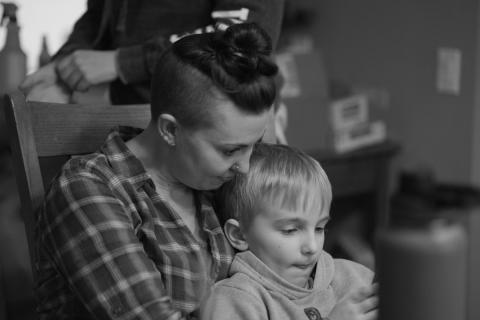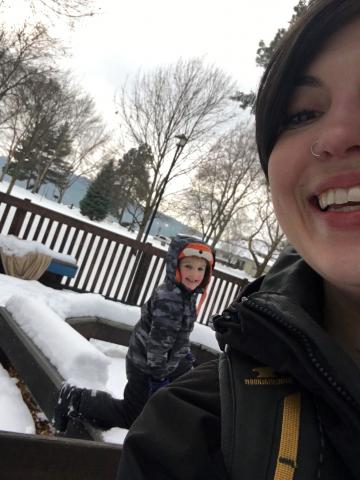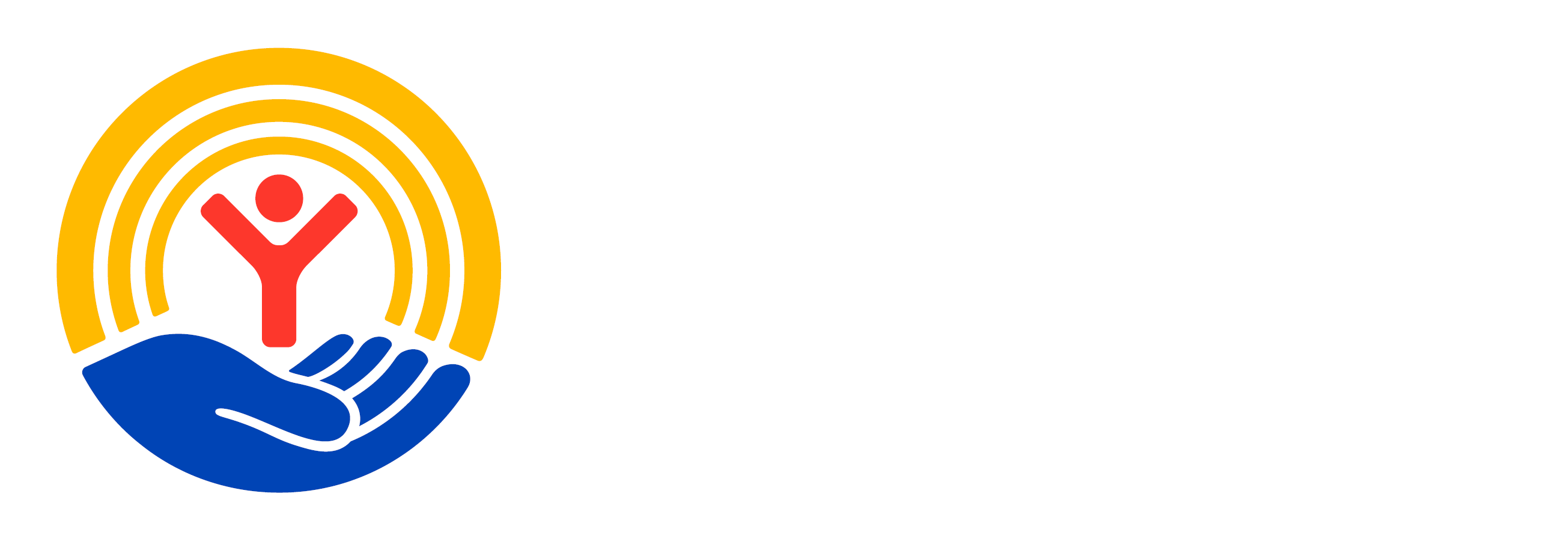
"For me, the professional is personal."
Keri Cederquist, Community Impact Director
United Way of North Idaho
I have an eight year old son. From the time he was about three months old I have relied on some sort of outside care—home based small group care, center based large group, family members, half day preschool and kindergarten, and now public school.
My experience navigating the child care landscape was stressful and frustrating for many reasons—cost, availability, location, of course—but looking back it boiled down to something I couldn’t find in a Google search:
Is my son safe, secure, and happy in the care situation I put him in? Can I let go of parent guilt? Do I feel good and confident in the care he’s experiencing, or am I compromising my values because I don’t have the resources to find something better?
Why was it so hard to find quality, nurturing care that I could afford? I felt inadequate, failing in this part of parenting, and alone.

In 2016 I joined the team at United Way and began learning about early childhood care and education as part of our ALICE project. We were already running a Ready! for Kindergarten program, but it was that first ALICE report that shone a spotlight on the intersection of family financial stability and children’s early experiences. It turns out, I was not alone.
Child care is essential infrastructure. Most parents with young children work, so child care is in high demand. Quality, affordable child care is in short supply and the lack of inventory is exacerbated by the COVID-19 pandemic. The cost of full-time care averages $600/month (more for infants), and even families at the median income level are priced out. 50% of Idahoans are in a “child care desert,” meaning there are simply not enough childcare opportunities for families that are working or in school.
Child care providers are also in crisis. The early childhood professionals that make up Idaho’s child care system are the backbone of our workforce and economy, yet they are some of the lowest-paid workers in our state, with a median wage of just over $10 per hour. 91% of child care businesses in Idaho are understaffed, unable to compete with other industry wages, but doing everything they can to avoid raising rates on families, knowing they are already stretched thin to afford housing, food, and care.
These factors are putting serious pressure on employers who struggle to recruit and retain a workforce. Without reliable and affordable care, parents cannot work.

And finally, most importantly, what are the impacts to our children? Children are born learning, so when we talk about daycare or child care we are talking about early education. There are critical periods of intense construction during the very early years—about 85% of the human brain is developed by age 3. Experiences in early childhood affect the brain, establishing sturdy or fragile foundations for subsequent health, learning, growth, and behavior. But brain development does not happen “automatically” or by “natural” trajectories of physical and cognitive growth. Rather, it happens through intentional and sustained interactions, relationships, and engagement with parents and caregivers. This certainly occurs in the home, but child care homes and centers are important sites for this engagement. It doesn’t take much imagination to understand the potential impact on children’s healthy development and secure attachment if their care environments are fractured, unstable, or continuously operating under intense stress.
For me, the professional is personal. When I came to understand that I was by no means alone in this struggle it became a north star—how can we create systems so that parents don’t feel isolated and instead feel excited and good that their children are well cared for?
In the coming months we’ll look behind the curtain of child development, the business of child care, school readiness, and more. Stay tuned, and in the meantime: parents, you are doing great, and you’re not alone.
*The numbers and statistics in this article are based on 2021 surveys and information. This is an ongoing issue and we will update as more current information comes available.
----
Resources
Child Care Scholarship Application: https://www.uwnorthidaho.org/alice-child-care-scholarship-program-0
Summary of employer tax incentives: https://tinyurl.com/2b6z7jnk
Family Friendly Business Toolkit: https://idahoaeyc.org/business-toolkit
Child Care Impacts on Business: https://tinyurl.com/45heb846
Detailed employer-supported child care handbook: https://tinyurl.com/effbcc
